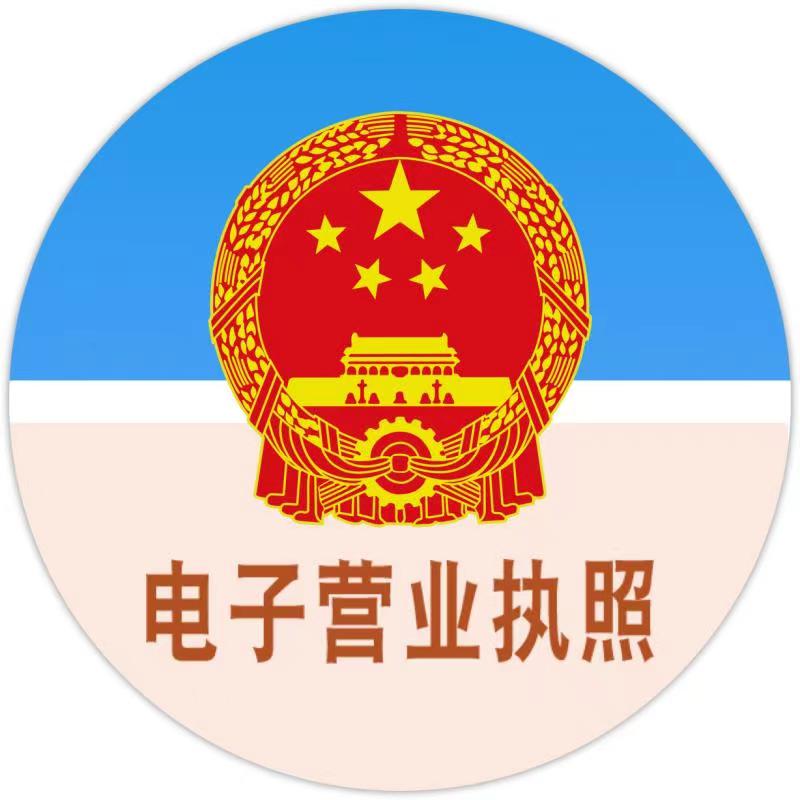Europe's power supply is undergoing a severe winter test
release time:2022-12-27
Insufficient nuclear power output expands influence surface
The drop in nuclear power is the main reason why French electricity operator RTE recently told local governments to prepare for the possibility of blackouts "for days" this winter. As of Dec. 1, France had a total capacity of 61 gigawatts of nuclear power in operation, RTE notes, but with the nuclear reactor downtime schedule, only about 35 gigawatts of nuclear power are currently available, with about 41 gigawatts expected to be available by January.
France has 56 nuclear reactors in operation, according to the International Energy Agency, and nuclear power accounts for up to 70% of its electricity supply. However, France's nuclear power output has fluctuated significantly in recent months due to ageing nuclear plants, extreme hot or cold weather and a drought in reactor cooling water. France's nuclear power output has fallen to its lowest level in nearly 30 years after unprecedented outages at several of its reactors this year, according to EDF. With peak demand of more than 73 gigawatts, France is likely to run short at current levels of nuclear power output, Reuters quoted NathalieGerl, an analyst at Refinitiv, as saying.
In fact, fluctuations in France's nuclear-power output have not only affected the country's electricity consumption, but also caused an earthquake in the European power system. France exports about 15% of Europe's total electricity output, according to previous data. With its nuclear output low, France has had to import more electricity and has even switched to being a net importer of German electricity.
Power shortage warnings continue to spread
In the first week of December, Switzerland, which imports most of its electricity from France and Germany, raised the possibility of restricting electric vehicles from its roads this winter to reduce the impact of their use on the grid. Switzerland will have to import more electricity from other countries, including Germany, Austria and Italy, because of the decline in French electricity exports. However, these countries are highly dependent on fossil fuels such as natural gas and their electricity supply scenarios remain uncertain this winter, the Swiss federal electricity regulator Elcom said.
Fingrid, the operator of Finland's national grid, also recently warned of power shortages, saying delays in the commissioning of the country's new Olkiluoto-3 nuclear reactor increased the risk of winter power shortages. Belgian media DeTijd also cited sources as saying there could also be shortages in Belgian gas supplies during the cold snap. In addition, the Swedish government has issued a public appeal to residents to save electricity and reduce the risk of blackouts.
European countries have been importing LNG and seeking more sources of natural gas in the past few months as their energy costs have risen since the outbreak of the conflict between Russia and Ukraine in March. By the end of November this year, European countries' gas storage levels had exceeded 90%, and some countries' gas storage levels even exceeded 95%. Many countries have said publicly that gas storage levels are sufficient to meet European needs this winter.
Not for long, according to a new report by the European power grid industry association ENTSO-E, several European Union member states are likely to experience more severe power shortages this winter than in previous winters. Although Europe's electricity supply system is highly dependent on natural gas, it said, it could be hit this winter by a lack of nuclear power in countries such as France and Finland, as well as by delays in coal supplies in countries such as Poland and Germany.
The cold has strained power supplies
To make matters worse, Europe has seen a persistent cold air since December, and many weather agencies have warned that the cold weather will further exacerbate Europe's energy shortages. In the second week of December, the UK Weather Forecast Office has issued a number of snow and ice warnings, saying temperatures in many parts of the UK will drop below -10 degrees Celsius, and that the cold wave will affect most of northern, central and eastern Europe. The German weather agency, the DWD, also warned on Dec. 9 that the probability of a "cold" winter, during which gas consumption could spike, was much higher than that of a "warm" winter.
Klaus Muller said Germany's grid authority had set a target of saving 20 percent of its gas consumption this winter, but now the savings are only 13 percent and the country could face shortages this winter if it does not have a steady supply of pipeline gas and LNG.
Eurasia analyst RaadAlkadiri told CNBC that despite preparations for this winter, some European countries are at risk of gas shortages if the freezing weather continues. For France to avoid power cuts in the short term, businesses and households should conserve as much power as possible, but the risk of blackouts may increase if cold weather persists for more than a week, Reuters quoted EmericdeVigan, vice president of power at data analytics firm Kpler, as saying.
In an effort to avoid blackouts, the French government is sending orders to regional governments to work out electricity arrangements in advance to ensure that public areas such as hospitals receive power first and emergency generators can be activated in time, Reuters quoted several people familiar with the matter as saying.
 Service Hotline:133-9305-7858,If you are interested or in doubt, please call!
Service Hotline:133-9305-7858,If you are interested or in doubt, please call!
YuHe Technology - dedicated to serve you!







